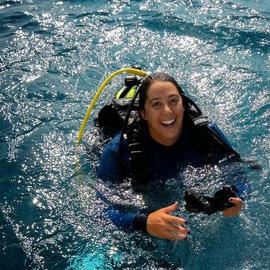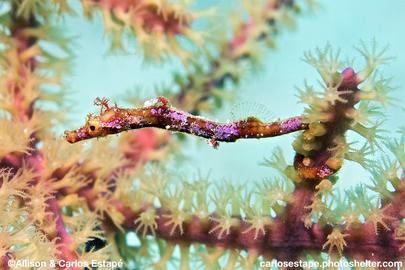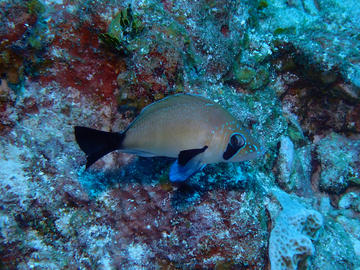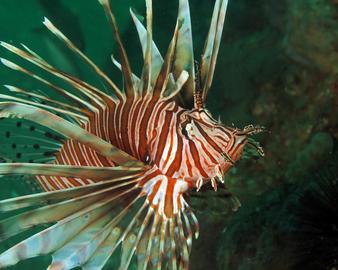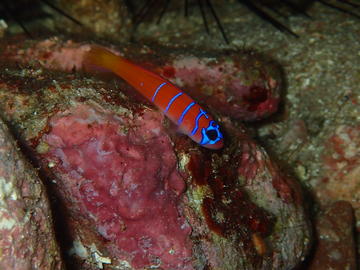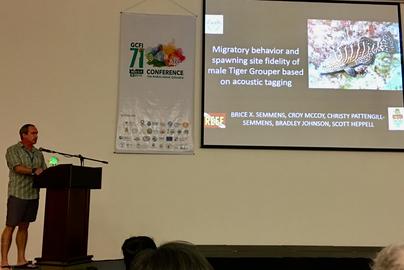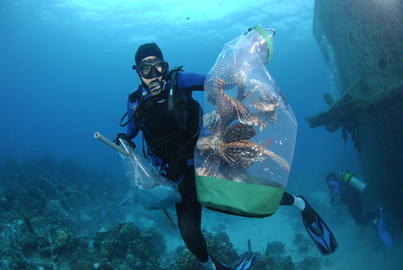Over nearly three decades, REEF has welcomed more than 100 individuals to REEF Headquarters to spend a semester immersed in the marine conservation field. This month, we highlight past intern Jessica Levy. Read on to hear about Jessica's time at REEF, and how her internship helped her get where she is now.
When were you an intern?
Summer 2012 (May to August)

